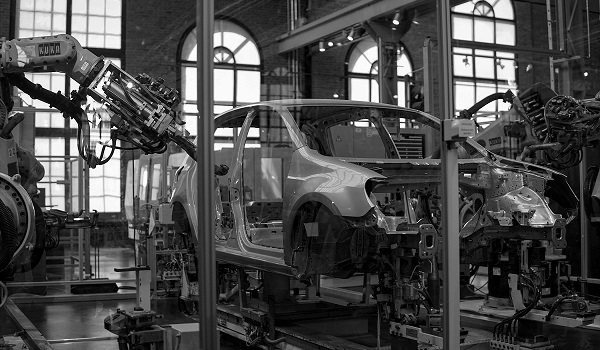AI is transforming the customer service profession. Gartner predicts that 15% of all customer service interactions will be handled using AI by 2021. That means half of all enterprises could be spending more on AI than traditional mobile within two years.
Meanwhile, McKinsey says that 70% of companies will have adopted some form of AI by 2030, and most enterprises will be using a full range of AI technology.
To discover how business leaders are preparing for this shift, we interviewed 100 Chief Customer Officers and Chief Experience Officers. In the process, we uncovered five clear ways that AI and bots are changing the way businesses think about customer service.
1. Customers Expect Better Service Than Ever Before
Customer expectations are shaped by their experiences and beliefs about what should be possible. So, as the use of AI-driven tools becomes more widespread, people will naturally come to expect them as standard.
Perhaps that’s why 76% of the customer service and CX leaders we interviewed say their customers now have higher expectations for digital customer care than they did one year ago.
Ido Bornstein-HaCohen, CEO of customer service software provider Conversocial, argues that this is precisely why organizations can’t afford to drag their feet when it comes to AI investment.
“Today’s customer is digitally savvy and expects customer service on their terms,” he says. “But brands are still forcing customers to archaic channels, making them navigate through seemingly endless automated call menus or wait at their laptops for a live chat agent to respond.”
2. Customer Service Leaders Believe Machines Are the Future
Just 4% of the customer service and CX leaders we spoke to say AI or automation won’t become a central cog in the customer service machine. The other 96% see the technologies playing a key role in the future of customer service delivery, with 46% saying they will be ‘very important’.
In fact, AI is already is already changing the way many businesses assist customers at each stage of the customer journey.
“There’s a lot of the high volume, low complexity enquiries that bots and AI can perfectly handle with a quicker resolution and improved customer service,” explains Ancel Gornall, Customer Experience Manager at British airline Jet2. “Bots can soak up 100% of certain enquiries.”
3. Businesses Are Investing in AI and Automation Technologies
Many customer service organizations are still in the early stages of AI adoption, and there’s a clear divide between the CCOs and CXOs that are leading the way and those who are happy to follow the crowd.
Our research shows that 44% of customer service leaders are proactively investing in automation technologies, while 34% are investing reactively to keep up with their competitors.
A further 17% know that automation will be a game changer but are yet to start preparing their organization for it.
“There is still a lot of legacy infrastructure in contact center environments which is prohibiting people from being as advanced as they’d like,” explains Gornall. “People are moving onto infrastructure which allows much easier and effective use of bots, AI and automation, but it will take time.”
4. Automation is Primed to Reduce Customer Support Requests
Creating automatic processes to handle simple customer queries clearly has the potential to free up customer service professionals to prioritize more complex client requests that require their full attention.
A full 92% of the CCOs and CXOs we surveyed agree that automating simple tasks (such as amending passenger details) will reduce the number of requests customer service teams receive.
We found that 40% think these investments will reduce customer service costs by 3-5%, and a further 24% anticipate a 6-10% reduction.
“The future of your customer service team isn’t man versus machine,” argues Bornstein-HaCohen. “By combining automation and humans on one single platform and tapping into the power of messaging channels, brands can truly deliver effortless customer service.”
5. AI is Seen as a Way for Customer Service Operations to Scale
The most anticipated benefit of using AI to manage customer experiences and handle certain customer requests is the scalability of these technologies, with 33% of our survey respondents saying this is the best reason to invest in the technology.
Increasing efficiency is the second most frequently cited benefit, receiving 29% of the vote. Meanwhile, 22% of respondents say the main reason to invest in AI is to generate cost savings.
Although there doesn’t seem to be a strong consensus about which of these benefits is the greatest, it’s clear that customer service and experience leaders see a bright future for AI technology in CX management.
To access our full research findings and get even more expert commentary from Gornall and Bornstein-HaCohen, click here and claim your copy of our Adaptive Automation report today.








